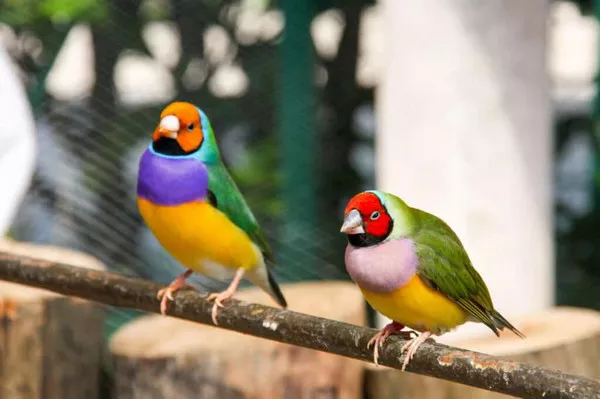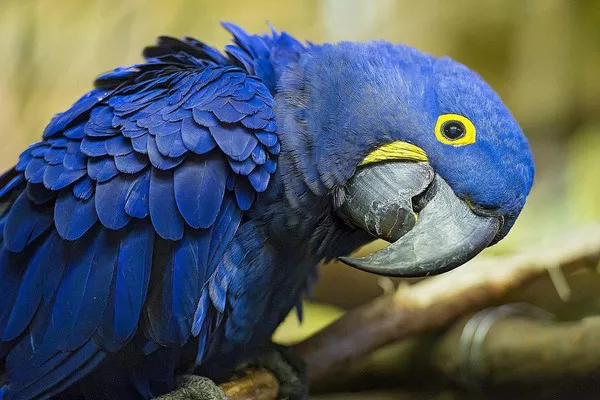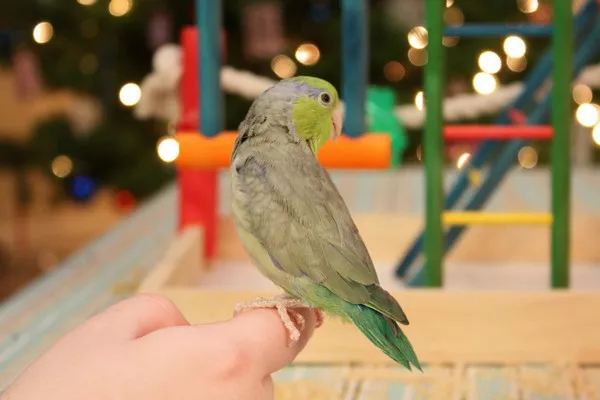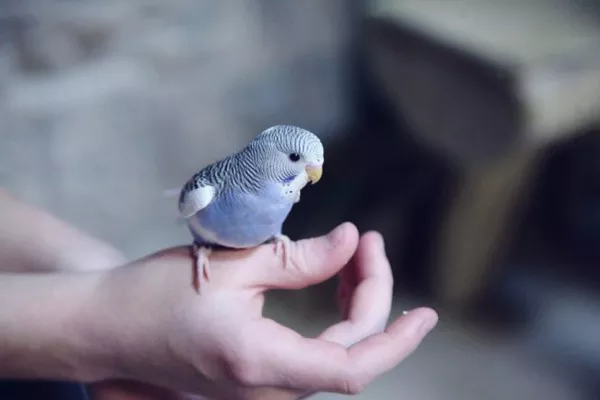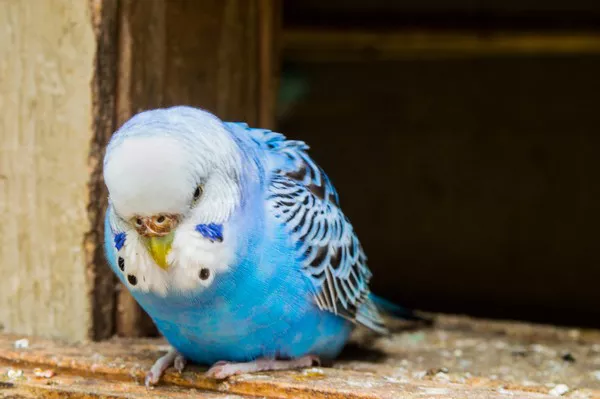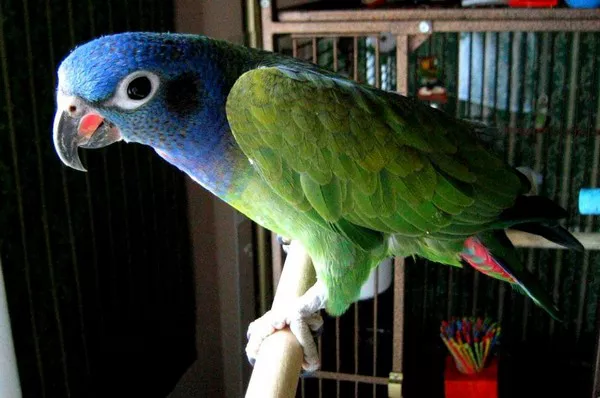Sun conures (Aratinga solstitialis) are not only admired for their stunning colors but also for their remarkable intelligence. These medium-sized parrots, native to South America, are known for their playful behavior, social nature, and ability to mimic sounds. In this article, we will delve into the cognitive abilities of sun conures, examining their problem-solving skills, social intelligence, vocalization, and training capabilities. Understanding how smart these birds are can enhance our relationship with them and improve their care.
Understanding Parrot Intelligence
Defining Intelligence in Birds
Bird intelligence encompasses various cognitive abilities, including problem-solving, memory, communication, and social interaction. In the avian world, intelligence can be difficult to measure directly, but researchers often look at specific behaviors and skills to gauge cognitive abilities.
The Avian Brain
Birds possess a unique brain structure that contributes to their intelligence. While their brains are smaller than those of mammals, they have a high density of neurons, particularly in the forebrain, which is associated with complex behaviors. This high neuron density allows birds like sun conures to process information efficiently and exhibit intelligent behaviors.
Cognitive Abilities of Sun Conures
Problem-Solving Skills
Sun conures exhibit impressive problem-solving skills, which are crucial for their survival in the wild. They are known to use tools and manipulate objects, demonstrating a level of ingenuity often associated with more traditionally intelligent species.
Tool Use
Research indicates that some parrot species, including sun conures, can use tools to achieve specific goals. For instance, they may use sticks to extract food from hard-to-reach places. This behavior shows an understanding of cause and effect and the ability to think ahead—key indicators of intelligence.
Puzzle Solving
Sun conures can solve simple puzzles, such as figuring out how to open a latch to access food. Providing interactive toys that require manipulation to obtain a reward can stimulate their minds and encourage problem-solving behaviors.
Memory and Learning
Memory plays a vital role in a sun conure’s ability to learn and adapt to its environment. These birds have excellent long-term memory, allowing them to remember locations of food sources and recognize familiar faces.
Spatial Memory
Research has shown that parrots, including sun conures, excel in spatial memory tasks. They can remember the locations of hidden food or toys, demonstrating their ability to navigate complex environments. This skill is particularly important in the wild, where food sources may be scattered across vast areas.
Social Learning
Sun conures also learn from observing others. Young birds often imitate the behaviors of their parents and peers, a form of social learning that is crucial for their development. This ability to learn through observation highlights their adaptability and intelligence.
Vocalization and Communication
One of the most fascinating aspects of sun conures is their vocalization. These birds are known for their ability to mimic sounds, including human speech and environmental noises.
Mimicry Skills
While sun conures may not be as skilled at mimicry as some larger parrot species, they are still capable of learning a variety of sounds and phrases. Their vocalizations serve multiple purposes, including communication with their flock and expressing their emotions.
Contextual Understanding
Sun conures can learn to associate specific words or phrases with actions or objects. For example, they may learn to say “hello” when greeting their owner or “want snack” when they are hungry. This ability to use language contextually demonstrates a level of comprehension that is often associated with intelligence.
Social Intelligence
Social interactions are a crucial aspect of sun conures’ lives. These birds are naturally social animals and thrive on interaction with their flock members and human companions.
Bonding and Relationships
Sun conures form strong bonds with their owners and can exhibit behaviors that indicate affection, such as preening and cuddling. Their ability to read social cues and respond appropriately is a sign of their social intelligence. They can also sense the emotional state of their companions, reacting with empathy to their feelings.
Play Behavior
Play is an essential part of a sun conure’s life and serves as a means of social interaction and cognitive development. These birds engage in various playful activities, such as swinging, climbing, and manipulating toys. Play behavior is not only a form of entertainment but also an important way for sun conures to develop their intelligence and social skills.
Training Sun Conures
Positive Reinforcement
Training is an effective way to engage a sun conure’s intelligence. Using positive reinforcement techniques, owners can teach their birds a variety of tricks and behaviors. This method involves rewarding the bird for desired actions, which encourages them to repeat those behaviors.
Basic Commands
Sun conures can learn basic commands such as “step up,” “come,” and “stay.” Teaching these commands can enhance the bond between the bird and its owner and provide mental stimulation.
See Also: Why Is My Sun Conure Making Weird Noises?
Advanced Tricks
Once a sun conure masters basic commands, owners can introduce more advanced tricks, such as spinning, playing dead, or even dancing. Training sessions should be kept short and enjoyable to maintain the bird’s interest and enthusiasm.
Mental Stimulation and Enrichment
Providing mental stimulation is crucial for the well-being of sun conures. Boredom can lead to destructive behaviors, so engaging their minds is essential.
Interactive Toys
Interactive toys that challenge a sun conure’s problem-solving abilities can be beneficial. Toys that require the bird to figure out how to access a treat or manipulate objects can keep them entertained and mentally sharp.
Foraging Activities
Incorporating foraging activities into their daily routine can also stimulate a sun conure’s mind. Hiding treats in different locations or using foraging toys can encourage natural behaviors and promote cognitive engagement.
The Impact of Environment on Intelligence
Social Environment
The social environment plays a significant role in a sun conure’s cognitive development. Birds that are regularly interacted with and exposed to various stimuli are likely to develop stronger cognitive abilities.
Flock Dynamics
In the wild, sun conures live in flocks, where social interactions and cooperation are crucial for survival. Understanding flock dynamics can enhance our knowledge of their intelligence and social behaviors. Birds in social settings often exhibit more complex behaviors compared to solitary individuals.
Human Interaction
Regular interaction with their human companions is vital for sun conures. Engaging in conversations, spending time together, and providing opportunities for play can enhance their social skills and intelligence.
Challenges to Cognitive Development
Boredom and Lack of Stimulation
Lack of mental stimulation can lead to boredom, which negatively affects a sun conure’s cognitive development. Birds that do not receive adequate interaction or enrichment may exhibit undesirable behaviors, such as feather plucking or excessive vocalization.
Neglecting Social Needs
Sun conures are highly social creatures, and neglecting their social needs can hinder their cognitive growth. Providing opportunities for social interaction with both humans and other birds is essential for their overall well-being.
Conclusion
Sun conures are remarkably intelligent birds, displaying a range of cognitive abilities that are both fascinating and engaging. From their problem-solving skills to their vocalization and social intelligence, these parrots demonstrate an impressive capacity for learning and adapting to their environment.
Understanding the intelligence of sun conures is crucial for owners, as it allows them to provide an enriching and stimulating environment. By recognizing their cognitive needs and engaging in training and social activities, owners can foster a strong bond with their sun conure while promoting mental health and well-being.
In summary, the intelligence of sun conures is a testament to their adaptability and social nature. These vibrant birds not only brighten our lives with their colors but also challenge us to understand and appreciate their remarkable minds. With proper care, interaction, and stimulation, sun conures can thrive and continue to showcase their intelligence in our homes.
Related Topics:

